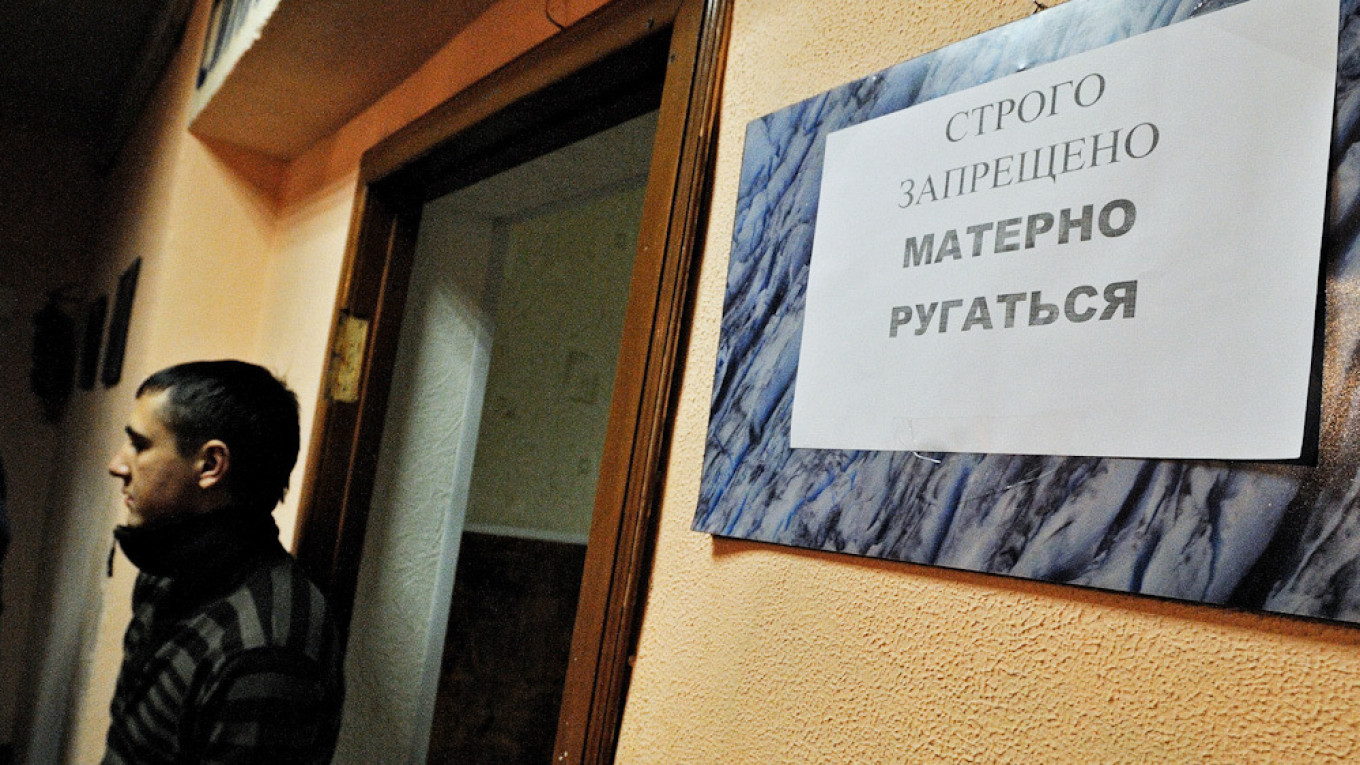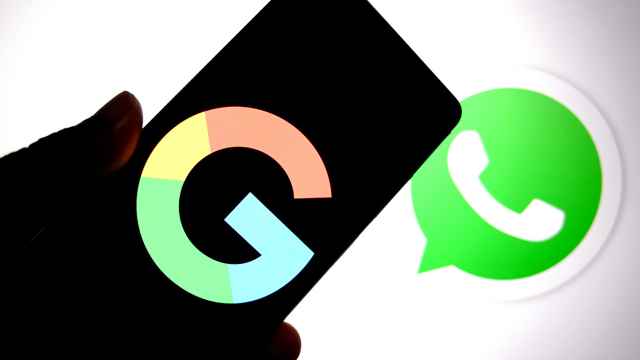Russian-speaking social media users have posted 10% more profanity-laced content in the two months since a law requiring platforms to delete them came into force than before, the RBC news website reported Sunday.
The Medialogia media monitor tallied 20.2 million posts containing swear words on Facebook, TikTok, YouTube, Instagram and Twitter, as well as three Russian platforms, from Feb. 1-March 31.
The same period in 2020 saw 18.3 million profane posts, according to Medialogia’s comparison of 66 Russian swear words and phrases across eight platforms.
The 10% spike in the use of foul language came after amendments to Russia’s data protection laws banning swearing on social media entered into force on Feb. 1.
Medialogia observed a spike in profane social media posts in the first days of the new law, which experts said has sparked backlash among Russian users. The bill’s author, lawmaker Sergei Boyarsky from the pro-Putin United Russia party, argued at the time that his legislation did not aim to completely ban obscene language on social media but make platforms liable for its removal.
The latest law came as Russian authorities slapped Twitter with multimillion-ruble fines for failing to remove banned content under another new law that critics say is aimed at stifling the opposition.
President Vladimir Putin in 2013 introduced fines for Russian media that publish swear words with the stated aim of protecting children. A year later, Russia banned the use of swearing in public performances, including cinema, theater and other forms of art.
Public polling shows a growing number of Russians using social media in recent years, with around three-quarters of those surveyed identifying as regular users in 2021.
Vkontakte, the Russian-language equivalent of Facebook, as well as YouTube, Instagram and Odnoklassniki (Classmates) were named the most popular social media platforms among Russians.
A Message from The Moscow Times:
Dear readers,
We are facing unprecedented challenges. Russia's Prosecutor General's Office has designated The Moscow Times as an "undesirable" organization, criminalizing our work and putting our staff at risk of prosecution. This follows our earlier unjust labeling as a "foreign agent."
These actions are direct attempts to silence independent journalism in Russia. The authorities claim our work "discredits the decisions of the Russian leadership." We see things differently: we strive to provide accurate, unbiased reporting on Russia.
We, the journalists of The Moscow Times, refuse to be silenced. But to continue our work, we need your help.
Your support, no matter how small, makes a world of difference. If you can, please support us monthly starting from just $2. It's quick to set up, and every contribution makes a significant impact.
By supporting The Moscow Times, you're defending open, independent journalism in the face of repression. Thank you for standing with us.
Remind me later.






